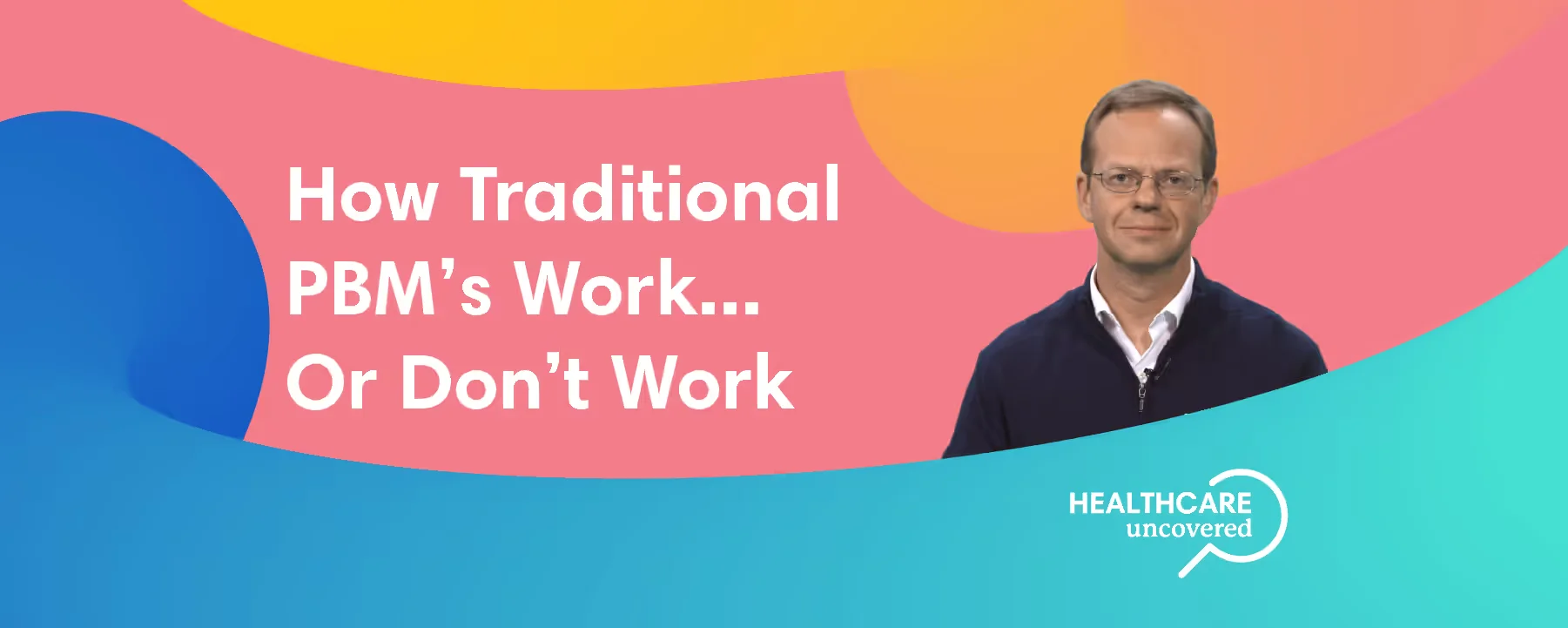Healthcare Uncovered Episode 18: Tick Tock: Disintermediation is Finally Coming to Big Healthcare

Doctors – we all know that stocks in publicly-traded health insurance carriers have been one of the best performing asset classes in financial markets in recent years – but is all this growth coming at the expense of doctors?
If you have been invested in health insurance company stocks over the past decade or so – lucky you! You’ve probably made a nice return.
Consider this: since the passage of the Affordable Care Act in 2010, UnitedHealth Group’s stock price has risen from $32 to over $500 per share. That’s a growth rate of 26% per year. That’s the same growth rate of Apple... the most valuable company in the world... and it’s more than twice the rate of the overall market, which has been about 12% per year since 2010.
But it’s not just UHG.
The stock price at Anthem—which is now called Elevance by the way—has gone from $51 to $520 over this same period. Cigna has jumped from $31 to $272. CVS, which now owns Aetna, has gone from $27 to $98.
What is driving all this growth? Why have insurance companies made so much money?
One of the main reasons is that health insurance companies are really nothing more than financial intermediaries—similar to Visa and Mastercard. In healthcare, the ultimate holders of the money and the risk are the government and employers. The providers of care are doctors and hospitals and other healthcare providers. The insurance companies are simply the middlemen facilitating the transaction between those who have the money and those providing the care.
And being a middleman is highly profitable.
Health insurance companies don’t even call themselves insurance companies... they called themselves ‘healthcare services’ companies. The service they provide is that of facilitating the financial transactions for the $4.3 Trillion that is spent on healthcare every year in America.
The Network Effect
Health insurance companies are able to leverage their position as the financial middleman because of something called the ‘Network Effect.’ You may have heard of it in other industries – like social media, fintech, or online marketplaces. The underlying power of the network effect is that the value of a given network — in this case the insurance company network — becomes more powerful the more people use it. Insurance companies have tremendous power because so many doctors and hospitals and governments and employers participate in the network.
Historically, networks have held tremendous power in other industries as well and have resulted in high prices and exploitation... The railways and railway Robber Barrons had tremendous network power in the 19th century. Cable television had tremendous network power and had high prices and horrible service in the 1980s, 1990s and early 2000s.
Health insurance networks today operate in a very similar manner, charging exorbitant fees while providing generally horrible service. But all networks have an Achilles heel ...a weakness... and that’s when they become TOO EXPENSIVE or the service is GETS SO BAD, that people start looking around for a better way to do things...and this eventually leads to disintermediation or disruption ... its why streaming services like Netflix, Hulu and Apple+ are enabling millions of Americans to cut the cord and stop paying for basic cable.
Usually, the disruption is thanks to innovation.
A long time ago, people and businesses started using planes, cars and trucks to go around the railroads just like they are using streaming to go around cable TV. And this is exactly what is beginning to happen in healthcare. Health “Services” companies have gotten far too expensive and are far too often providing poor quality services, and now there are lots of smart minds out there looking for ways to disintermediate health insurance networks.
And doctors are a pretty smart bunch... if I may say so myself...
One thing Doctors have begun doing and should be doing a lot more of is looking to go around the traditional health insurance networks and provide direct care for governments and employers.
This is called Direct Contracting.
And if you have been thinking about how to get going, I recommend learning more about the Nomi Health Open Network.
Healthcare shouldn’t be complicated. Check out Nomi Health’s Open Network of physicians to break through the red tape, collect the money you’ve earned, and get back to why you’re doing this in the first place.... helping patients.





